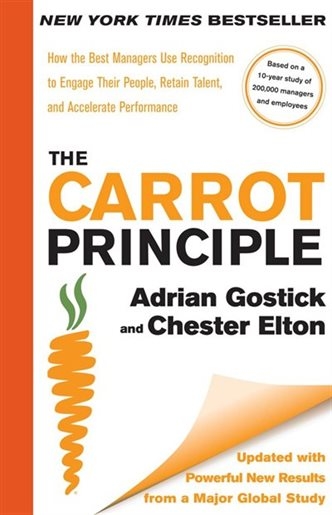
Finding happiness becomes an important goal for many as they retire. Retirement is a time for relaxation, pursuing interests, and spending time with loved ones. It’s a chance to reflect on a lifetime of wonderful experiences and create new memories. While it’s natural to worry about the challenges that come with this period of life, there are many ways to find joy and fulfillment.
Finding happiness in retirement is essential for a fulfilling and meaningful life after work. You can navigate this new chapter enthusiastically and optimistically by embracing activities promoting physical, mental, and social well-being.
Let’s look at a few different aspects of happiness in retirement and how you can make the most of this special time.
Pursue Hobbies and Interests

Use your retirement to explore hobbies and interests you didn’t have time for during your working years. Try gardening, painting, photography, or learning a new language. Hobbies also offer opportunities for social interaction, whether through joining clubs, attending classes, or connecting with like-minded individuals.
Choose the Right Retirement Home

Research and visit multiple retirement homes to find one that suits your preferences and needs. Consider factors such as location, health conditions, mobility, social needs, and any specific care requirements you may have. Schedule visits to multiple retirement homes to see their accommodations, amenities, and atmosphere firsthand.
During your visits, consider the cleanliness, layout, safety features, and overall ambiance. Assess the services offered by each place you visit. This may include dining options, recreational facilities, fitness programs, transportation services, housekeeping, laundry services, and assistance with activities of daily living if needed.
If possible, ask current retirement home residents’ perspectives and insights. Ask about their experiences, satisfaction with the amenities and services, and any concerns they may have. Ultimately, trust your instincts and choose a retirement home where you feel comfortable and safe.
Stay Active

Staying active in retirement is vital for maintaining physical and mental health. Regular physical activity helps keep your body strong, boosts your mood, and reduces the risk of chronic diseases. Finding activities you enjoy, like walking, swimming, gardening, or joining a dance class, is a big part of staying motivated.
Mixing up your routine to keep things exciting and challenge different muscle groups is also essential. Prioritizing strength training exercises can help maintain muscle mass and bone density as you age. Making physical activity a regular part of your routine and listening to your body’s needs will help you enjoy the many benefits of an active retirement lifestyle.
Volunteer

Volunteering is a great opportunity to stay engaged during retirement. You can volunteer in countless ways, such as at a local charity, school, hospital, or animal shelter. Choose activities that you’ll enjoy that align with your interests, whether working with children, serving meals at a soup kitchen, or organizing events for a nonprofit organization.
Volunteering also offers opportunities for social interaction and building new connections. By dedicating your time and energy to helping others, you can make a meaningful difference while enjoying a fulfilling retirement.
Travel

Explore new destinations and cultures by travelling during retirement. Whether a dream vacation abroad or a road trip to explore nearby attractions, travel can enrich experiences and create lasting memories. Travelling in retirement is a fantastic way to stay active, explore new places, and create lasting memories.
As a retiree, you’ll have the flexibility to plan trips according to your preferences and interests, whether immersing yourself in local cultures, outdoor adventures, or simply relaxing on a beach.
Continue Learning

Pursuing lifelong learning opportunities can stimulate your mind and keep you intellectually engaged. Continuing to learn in retirement is highly important for personal growth, cognitive stimulation, and overall well-being. Engaging in lifelong learning activities can help you stay mentally sharp, expand your knowledge and skills, and maintain a sense of purpose and fulfillment.
So, take classes at a local community college, attend workshops and seminars, or learn a new language! Pursuing hobbies and interests, learning opportunities abound in retirement.
Stay Connected

Technology allows us to keep our connections with loved ones, even if they’re far away. Learn to use video calls, social media, and messaging apps to communicate regularly with friends and family. Stay connected with others is incredibly important for overall well-being, especially in retirement. Social connections provide a sense of belonging, support, and purpose.
After you retire, it’s common for your social networks to change, but maintaining and nurturing your relationships remains as crucial as in earlier life stages. Participating in social activities such as joining clubs, volunteering, or attending community events can help you build new friendships. Being part of a supportive social network can offer emotional support and companionship.









